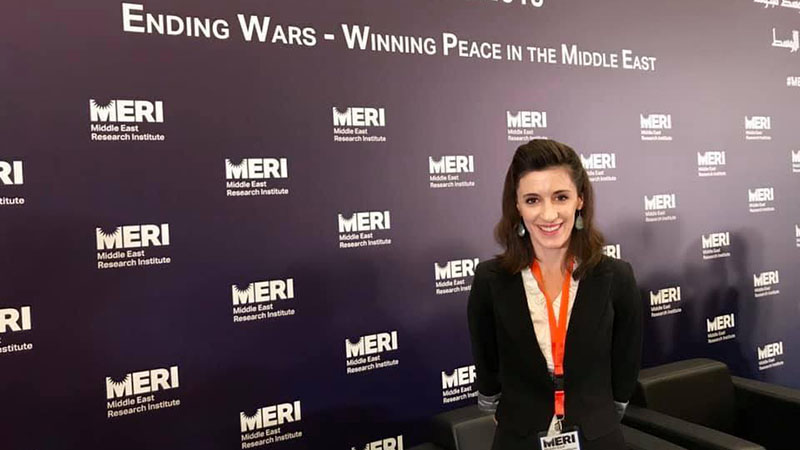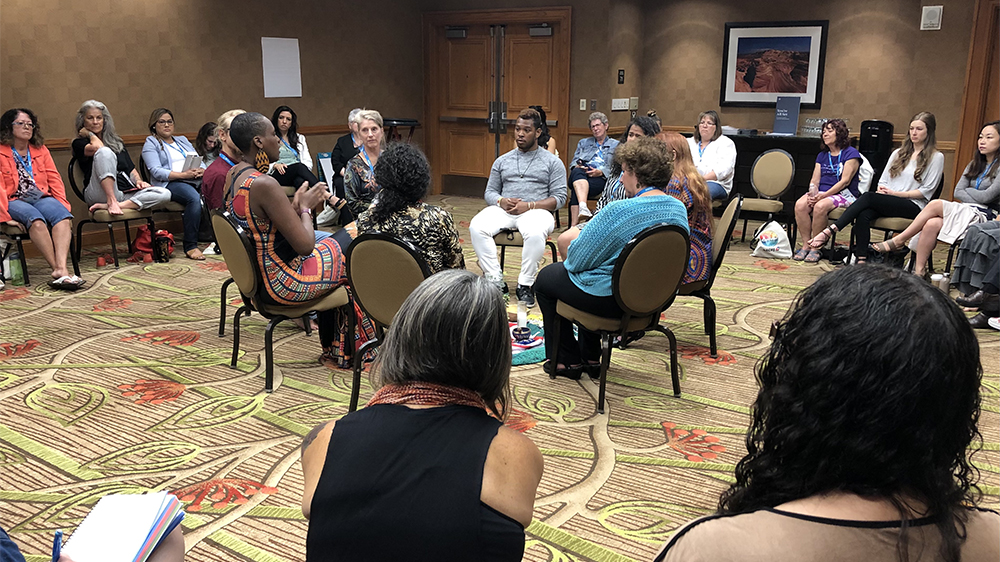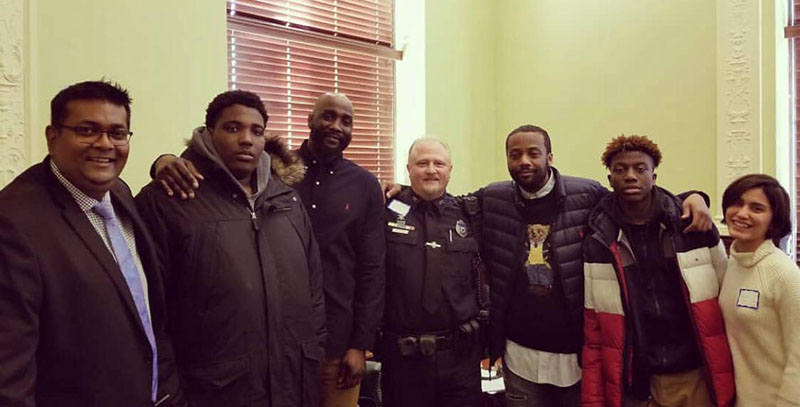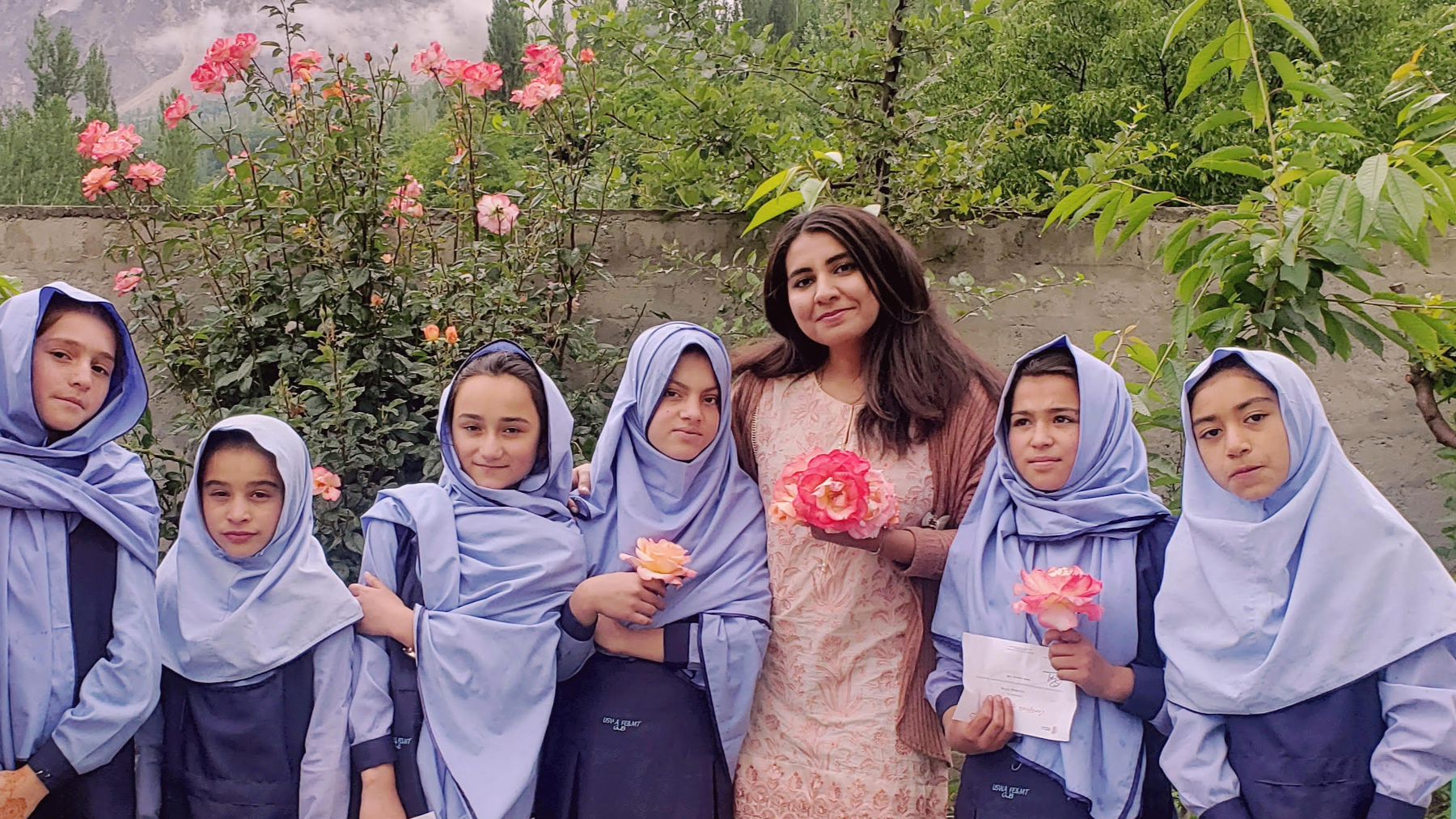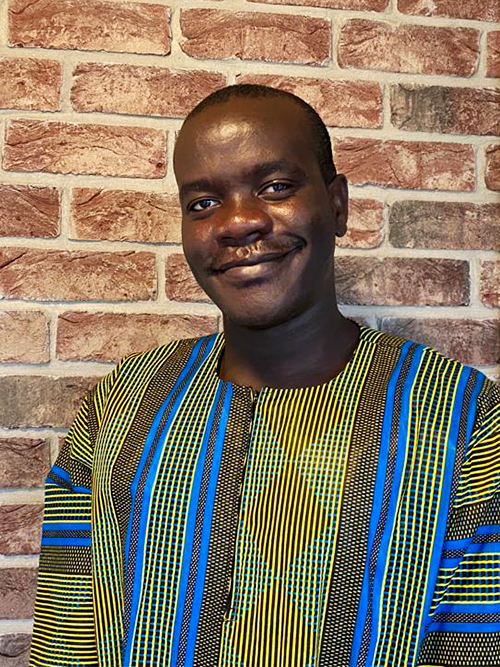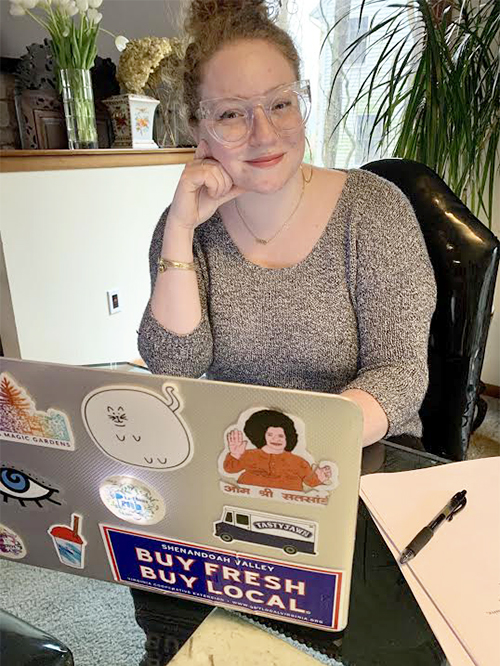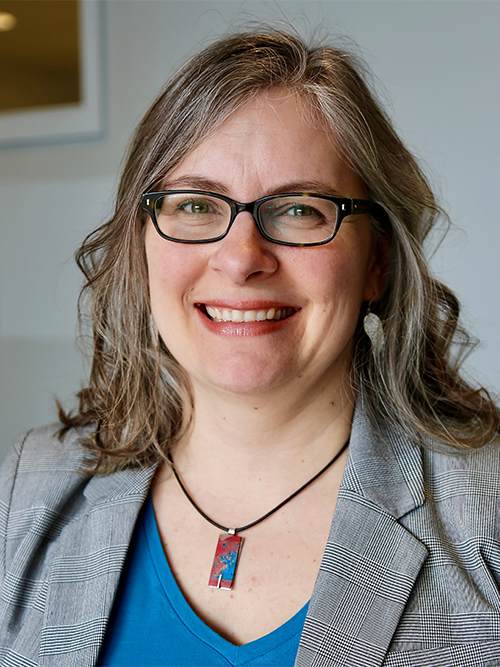The practicum track is the standard, 18-month track that most COEX students follow. Students spend two semesters in residence at Heller, then complete a 3-month, full-time practicum with a conflict resolution organization during the summer. During their final fall semester, students work on their practicum report and present their capstone in December. Students then receive their degrees in February.
Students in this track identify and obtain practicum placements in the U.S. or around the world. They receive academic credit for their three-month practicum assignment with organizations such as a UN agency, an international NGO or a research think tank. Practicum positions often include monitoring and evaluation, project management, research and fieldwork.
- The practicum is designed to test students’ application of theory to practice, to expand their policy and practical experience, and to increase their security and comfort levels in dangerous places
- Past practicum organizations have included Search For Common Ground, the United Nations, the International Committee of the Red Cross, the Carter Center, the Massachusetts Department of Corrections and the International Organization on Migration.
- The practicum track makes the degree program more affordable because there are no course tuition fees during the off-campus summer practicum and fall writing semester. Instead, students pay the minimum enrollment fee, a small Heller program fee, and their health insurance fees.
- Students may find paid research or practicum options, such as through the Boren Fellowship. However, the majority of practicums are not paid. Students receive credit for their work.
- Students may have to apply for visas if they choose to do their practicum outside of the United States.
In lieu of a practicum, students may choose to complete a field project or independent field research over the three-month summer semester. Students also present at Capstone, either in person or remotely from the field.

